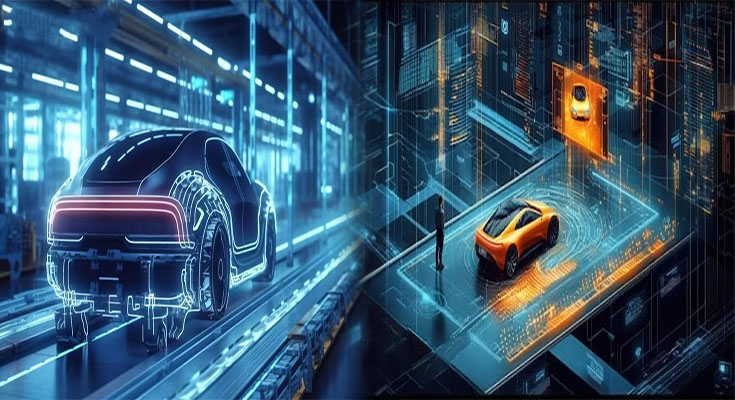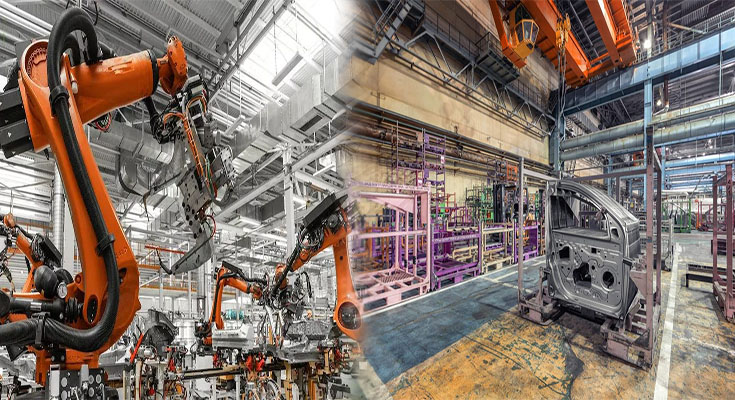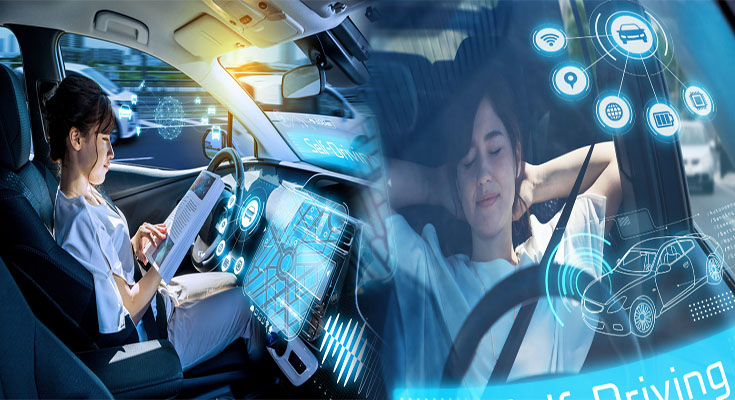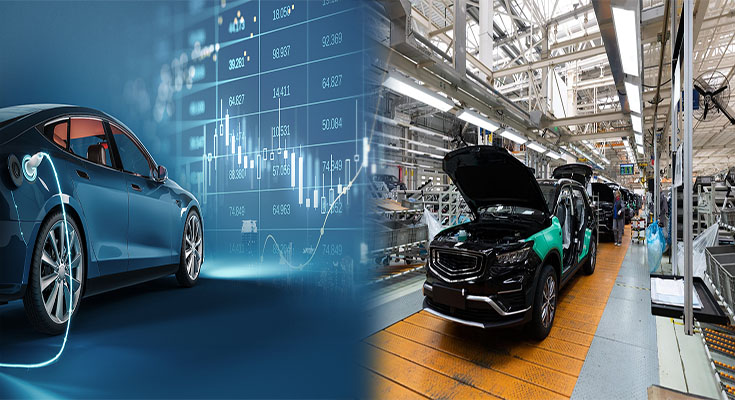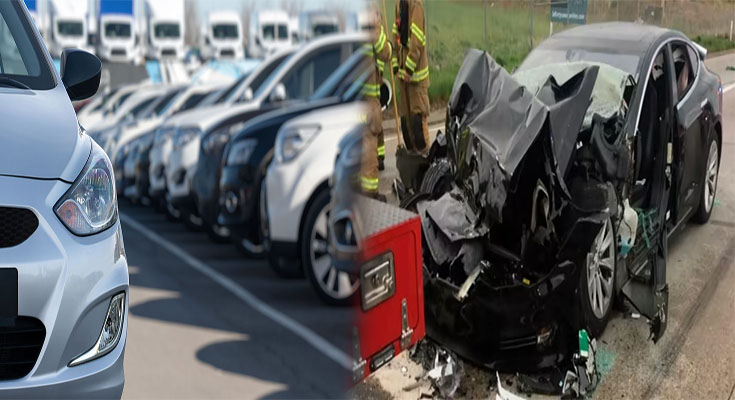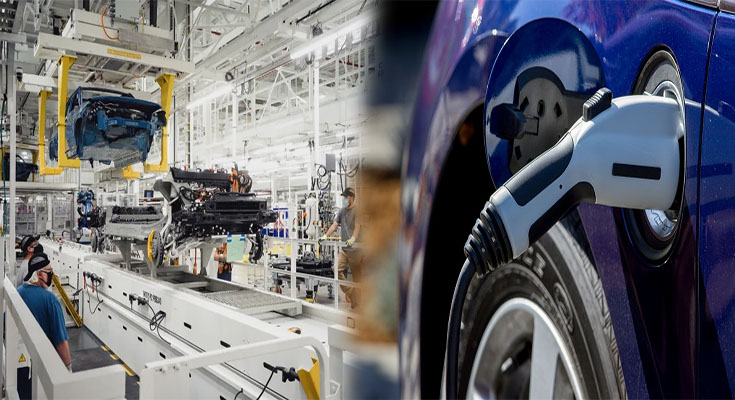Artificial intelligence (AI) is revolutionizing the automotive industry by driving innovations that enhance safety, efficiency, and overall driving experience. From autonomous vehicles to predictive maintenance, AI is reshaping the future of transportation in unprecedented ways. Let’s explore how AI is shaping the car industry innovations:
1. Autonomous Driving
One of the most notable advancements in the car industry influenced by AI is autonomous driving. Companies like Tesla, Google, and Uber are leveraging AI technologies such as machine learning and computer vision to develop self-driving cars that can navigate roads, interpret traffic signals, and make driving decisions without human intervention. AI-powered autonomous vehicles have the potential to reduce accidents, improve traffic flow, and provide mobility solutions for individuals with limited mobility.
2. Predictive Maintenance
AI is enabling car manufacturers to implement predictive maintenance strategies that can enhance vehicle reliability and reduce downtime. By analyzing data from sensors and systems integrated into …
View More How Artificial Intelligence is Shaping Car Industry Innovations
